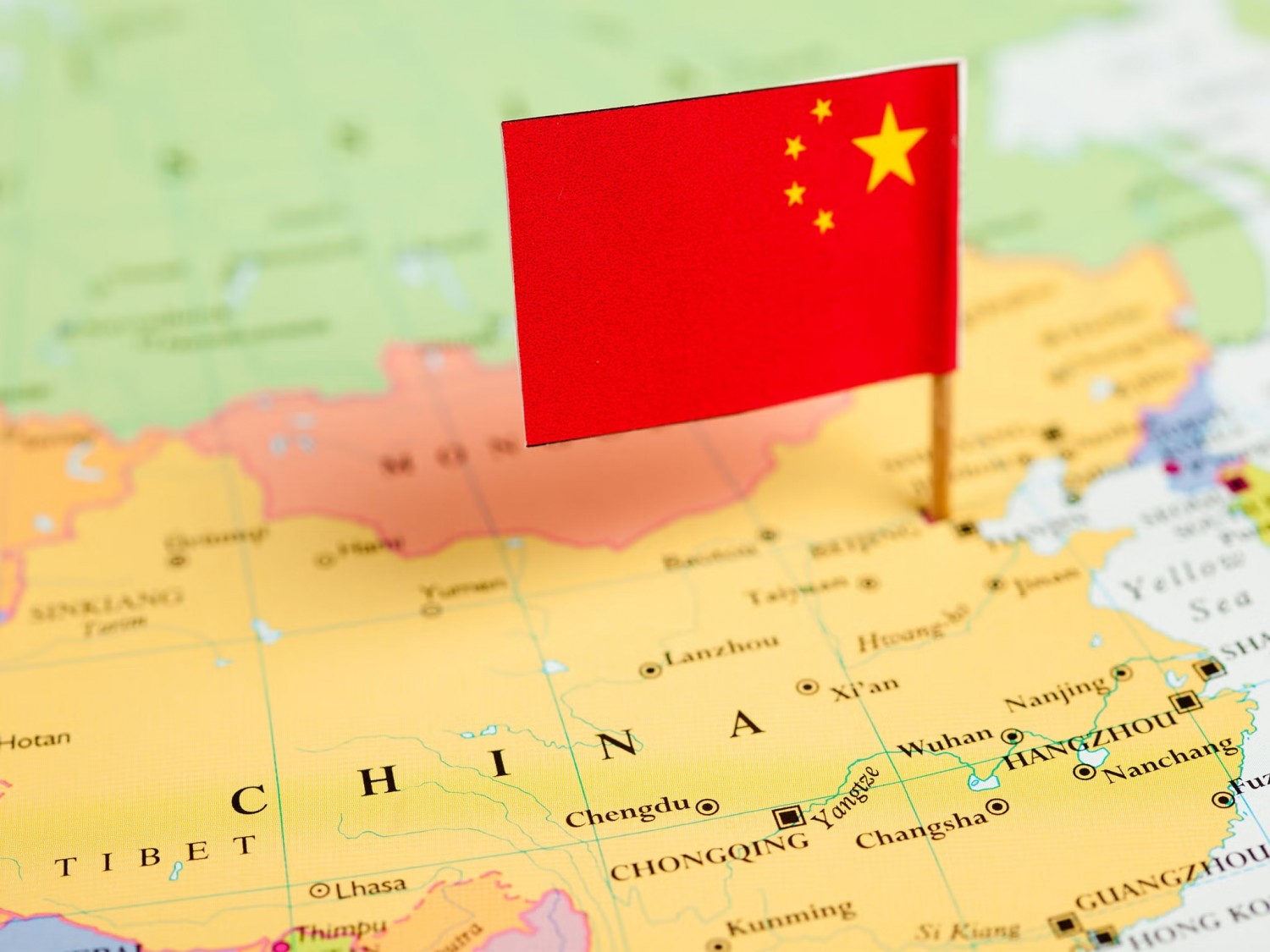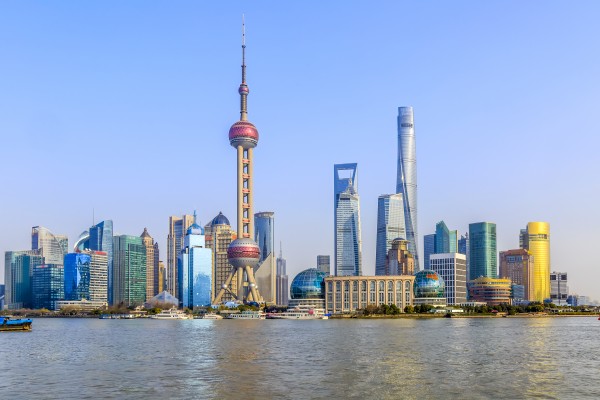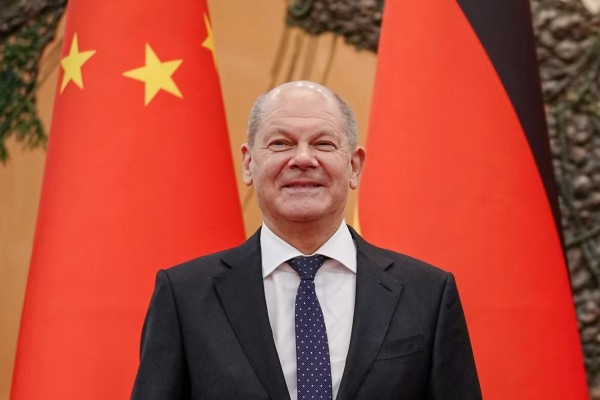Review № 6 of Chinese Antitrust News from the Experts of the BRICS Competition Centre
- SAMR Objectives for 2024: Antitrust Law
- New application forms for simplified M&A review
- Local campaigns to protect socially important markets
- Cooperation between Beijing departments in the fight against monopolies
- Risk of monopolization in the pesticide industry
- German companies complain about unfair competition in China
- Chinese government subsidies disadvantage European wind turbine manufacturers
- China's first provincial fair competition review measures
- Chinese AI is about two years behind American AI
- 27th China-Europe Competition Week
SAMR Objectives for 2024: Antitrust Law
SAMR has identified key tasks in the field of antitrust lawmaking for 2024. The planned legislative measures will be aimed at further creating fair competitive conditions in the market, accelerating the formation of a single national market and facilitating the revision of rules prohibiting network marketing.
It is also planned to actively cooperate with legislative bodies and promote the speedy adoption (or revision) of laws and regulations such as the Law on Combating Unfair Competition and the Regulations on Fair Competition Review, the text of which has already been submitted for approval.
Source: SAMR
New application forms for simplified M&A review
SAMR has published updated application forms for simplified review of economic concentration transactions for public consultation. The contents of the forms have been brought into line with the updated criteria for filing applications. Consultations will last until April 22.
Source: SAMR
Local campaigns to protect socially important markets
Market regulatory authorities in individual cities and provinces of China (Anhui, Heilongjiang, Jiangxi, Shaanxi, etc.) initiated anti-monopoly campaigns under the leadership of SAMR. Agencies will focus on enhanced regulation of socially significant markets: pharmaceuticals, food products, education, building materials, etc. The measures will be aimed at combating local protectionism and market fragmentation, as well as promoting fair market practices and stimulating economic development.
Particular attention is planned to be paid to industries with a high risk of monopolization: for example, the utilities sector, whose enterprises often operate as natural monopolies. In addition to their own oversight, regulators also try to actively involve the public in monitoring compliance with antitrust laws.
Source: Wechat
Cooperation between Beijing departments in the fight against monopolies
The Beijing Market Regulation Administration and the Fourth Beijing Municipal Procuratorate have entered into a memorandum of cooperation in combating monopolies and unfair competition. The agreement implies the creation of a clearer framework of cooperation, a freer exchange of information and evidence, mutual assistance in the consideration of cases, joint training of specialized personnel, etc. The combined efforts of the regulatory and judicial authorities will contribute to the high-quality economic development of Beijing.
Source: scjgj.beijing.gov
Risk of monopolization in the pesticide industry
SAMR conducted an administrative workshop on antitrust compliance in the pesticide industry. Representatives of the Department of Crop Production Regulation of the Ministry of Agriculture of the People's Republic of China, the Chinese Association of Plant Protection Chemical Manufacturers, as well as agrochemical enterprises discussed the threat of monopolization of the industry.
Regulators have emphasized the need to maintain fair competition in the market and maintain antitrust compliance for the healthy development of the industry. Thus, companies should create and strengthen long-term compliance mechanisms, accurately recognize, control and prevent antitrust risks, and industry associations should simplify interaction between business and government, and monitor self-discipline in the industry.
Source: SAMR
German companies complain about unfair competition in China
According to a study conducted by the German Chamber of Commerce in China, 2/3 of German companies surveyed face unfair competition from local manufacturers. They attribute this to the fact that private Chinese companies often benefit from significant government subsidies, while foreign companies in China are forced to contend with limited market access. Lower economic efficiency and speed of innovation compared to Chinese competitors also have a negative impact.
Source: SCMP
Chinese government subsidies disadvantage European wind turbine manufacturers
Amid the proliferation of Chinese wind turbines in Europe, the European Commission has launched an investigation into Chinese subsidies suspected of undermining fair market competition in the industry. "Massive subsidization of excess Chinese wind turbine capacity not only poses a danger to our competitiveness, but also threatens our economic security, and the EU must not make the same mistake as in losing its solar panel industry," she said. Deputy Head of the European Commission Margrethe Vestager.
Chinese wind turbines are sold in Europe for 50% less than European-made turbines. As WindEurope CEO Giles Dixon commented, “This would not be possible without unfair government subsidies.”
Source: Wechat
China's first provincial fair competition review measures
On April 1, the Fair Competition Review came into force in the Chinese province of Zhejiang (eastern China). This is the first such document adopted at the provincial level. It defines the documents to be audited, as well as the standards and procedures for conducting audits. When developing the “Measures,” the department repeatedly turned to business entities to determine which legislative and regulatory acts create obstacles to their activities.
Source: Wechat
Chinese AI is about two years behind American AI
Chinese companies lag behind American companies in the development of artificial intelligence by about two years, Joseph Tsai, co-founder and chairman of the board of directors of Alibaba Group, stated this in an interview with the head of Norges Bank Investment Management, Nikolai Tangen. Tsai noted that US restrictions that prevent Chinese companies from accessing advanced semiconductors are affecting the development of technology companies, including Alibaba. At the same time, he is confident that in the long term China will be able to develop its own technologies for producing high-quality graphics processors.
Source: SCMP
27th China-Europe Competition Week
The 27th China-European Competition Policy Week took place in Beijing from 19th to 21st of March. During the Week, discussions were held on the regulation of digital markets, consideration of applications for economic concentration transactions, fair competition review, the institution of control of state support, standard-essential patents (SEP), etc. The parties agreed to deepen cooperation in the field of competition, create fair competitive conditions for the healthy development of bilateral trade and economic relations.
Source: SAMR




